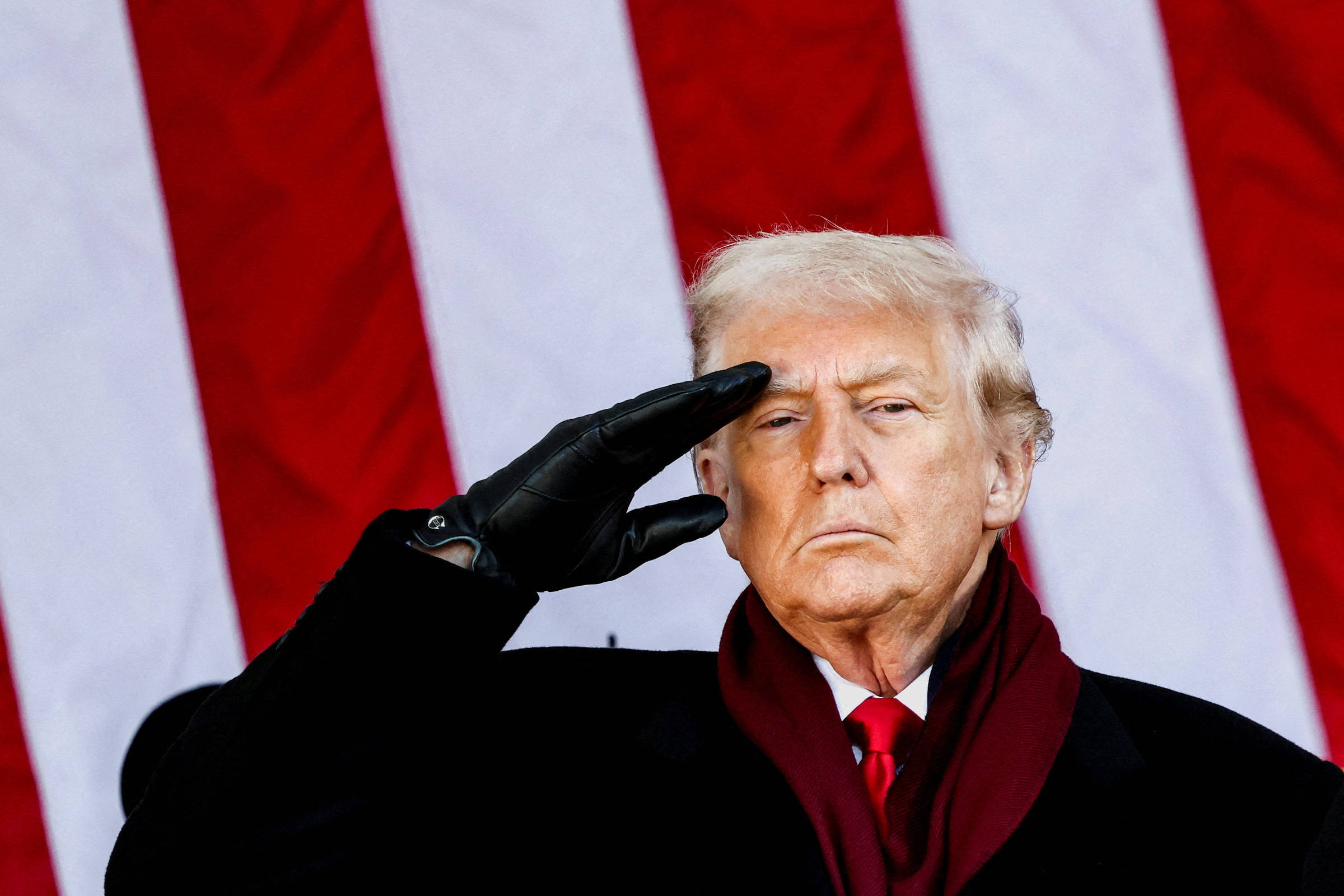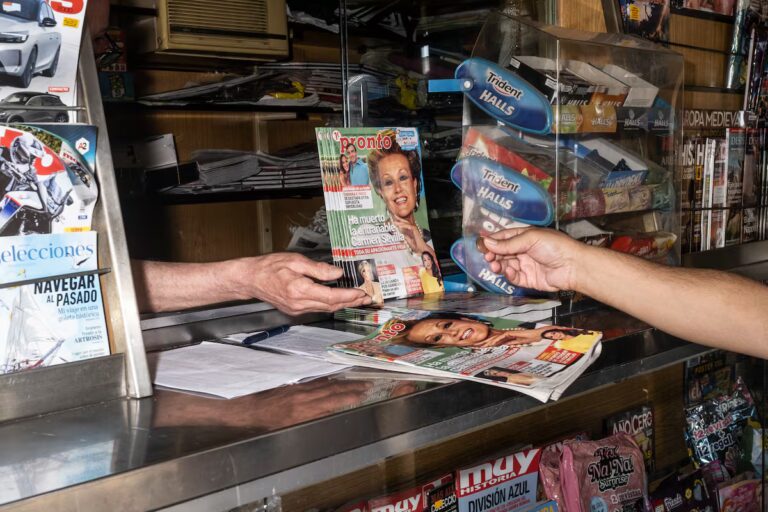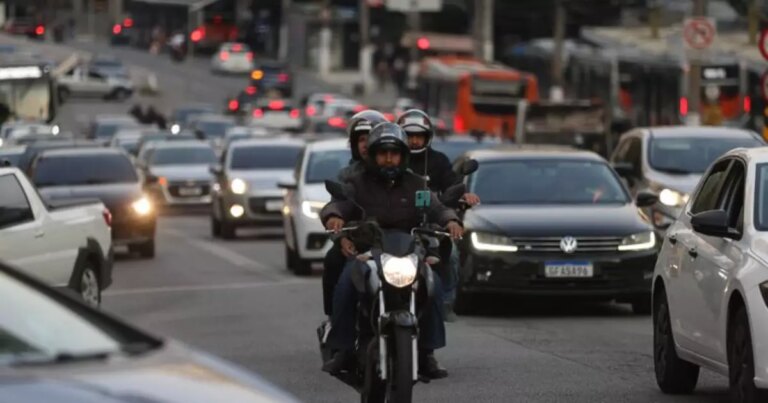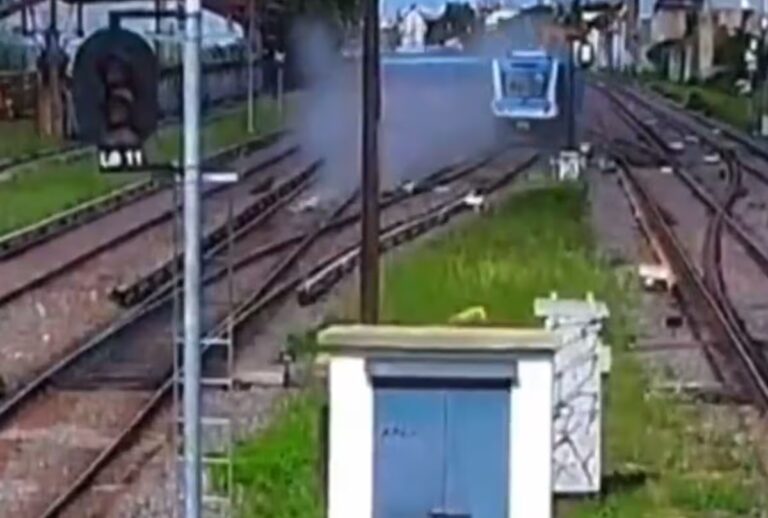
U.S. President Donald Trump announced on Tuesday (11th) that the United States will reduce “certain tariffs” on coffee, one of Brazil’s major exports. The statement was made in an interview on Fox News’ “The Ingraham Angle.”
“We’re going to lower some of the coffee tariffs and have coffee flowing into the United States,” he said.
Republicans did not say how big the cuts would be or which countries would benefit. Brazil, which accounts for one-third of the beans consumed by the United States, the world’s largest coffee consumer, has been subject to a 50% surcharge since August.
The tariffs have already wreaked havoc on the U.S. coffee industry, which generates $340 billion a year, leaving importers stuck with tons of Brazilian coffee, roasters paying fees to cancel deliveries, and consumers spending up to 40% more on Brazilian coffee. Inventories are expected to reach their lowest level in December.
In September, the month after the tariffs went into effect, U.S. retail coffee prices rose 3.6% over the month, marking the largest annual price increase this century.
In October, President Trump and President Luiz Inacio Lula da Silva met in Malaysia and began talks toward eliminating tariffs on Brazilian products. A deal could make coffee cheaper for U.S. consumers.
The tariffs also caused a 67% decline in Brazil’s specialty coffee shipments. According to the Brazilian Specialty Coffee Association (BSCA), the United States is responsible for transporting about 2 million bags of premium coffee out of the 10 million bags the country exports.
The tariffs have reduced the total to 50,000 bags out of an average monthly export of about 150,000 bags to states like California, New York and Oregon.
Specialty coffee is the most valuable product produced in the country, with a 60kg bag easily costing more than 3,000 reais, according to producers who attended the final week of SIC (International Coffee Week), the main event related to domestic coffee cultivation, held in Belo Horizonte.



